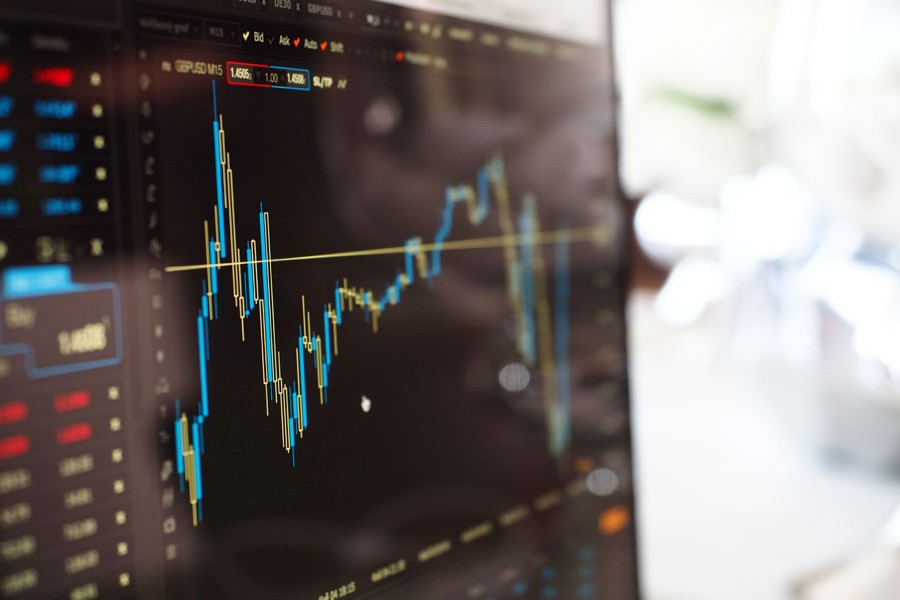The present hierarchy of the Bangladesh Securities and Exchange Commission (BSEC) has earned plaudits for its good work in restoring discipline in the stock trading.
It has taken a few harsh measures against errant companies and their sponsor directors, streamlined the flotation and subscription of initial public offerings (IPOs) and initiated actions to stop the acts of doctoring the financials. Overall, there have been several investors' confidence-building moves on the part of the BSEC.
All these actions have paid dividends. A lacklustre market started showing signs of a turnaround even when the pandemic was biting deep. The developments in the capital market were not in line with that of other areas of the economy. Yet everybody welcomed it.
The market until recently has been behaving rationally. The ups and downs turned out to be more or less normal. But something has gone wrong in the recent weeks, it seems. The spontaneity of the market is missing, to some extent, and the sceptics have started smelling a rat.
The continuous and irrational rise in prices of some issues has been a disturbing sign for the market watchers. The share price of one particular company was at Tk 115 on November 01 last. It has nearly doubled within the next couple of months. Some issues are becoming pricier even without any disclosure of price-sensitive information.
That the rumour mongers are active again in the corridors of the bourses and social media is another disturbing sign.
The securities regulator did also notice something unnatural. That is why it, on January 12 last, had asked the two bourses to investigate ' whether market manipulation, insider trading or other abuses' were responsible for the abnormal rise in the prices of shares of some listed issues.
The BSEC action came against the backdrop of the main index of the Dhaka Stock Exchange---DSEX--- hitting the 23-month high.
The BSEC, among others, asked the bourses to conduct investigations if the closing price of any issue changes (increase or decrease) by more than 50 per cent in fewer than 30 working days.
But, much to the surprise of many, the regulator cancelled the order next day (January 13).
The cancellation of the order, however, has caused many to raise their eyebrows, primarily because the securities regulator did not give any explanation in support of the withdrawal of the order in question.
This might have dented the image of the BSEC, to some extent. Many do suspect that the BSEC did withdraw the order coming under pressure from certain influential quarters.
Following the easing of the Covid-related restrictions in recent months, the stock markets in many countries have experienced volatility. But investors in those markets, as expected, go by the company fundamentals.
For instance, the shares of Moderna, the US biotech giant, are now fetching 6.5 times more than its face value on the back of its mRNA technology-based Covid-vaccine. There are 20 more specialised products also in its pipeline. The company is now, literally, floating on cash.
Pfizer, another US pharmaceutical giant, is also producing an mRNA vaccine in cooperation with the German biotech company BioNtech. But the company's experience as far as its share price is concerned has been different from that of Moderna. The Pfizer's share is now one and a half dollar less than what was a year back.
Investors are uninterested in the Pfizer's stock because of the latter's uninspiring financial performance in recent years.
The stock market, according to a market analyst, is a forward-thinking beast, counting on prospects.
However, this may be true in the case of the developed market. In Bangladesh, rumour and manipulation play a decisive role in guiding some investors who want to be rich overnight.


